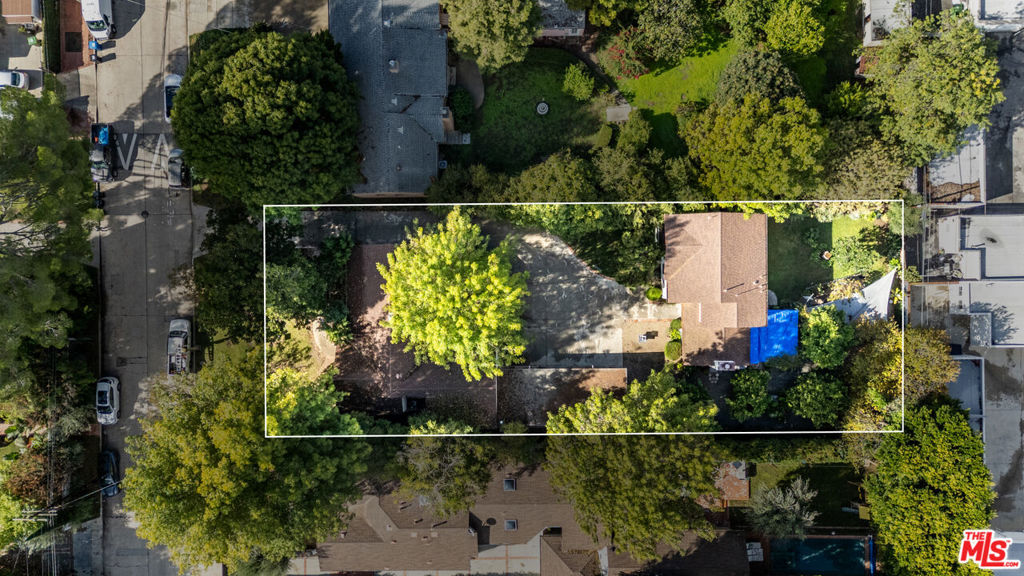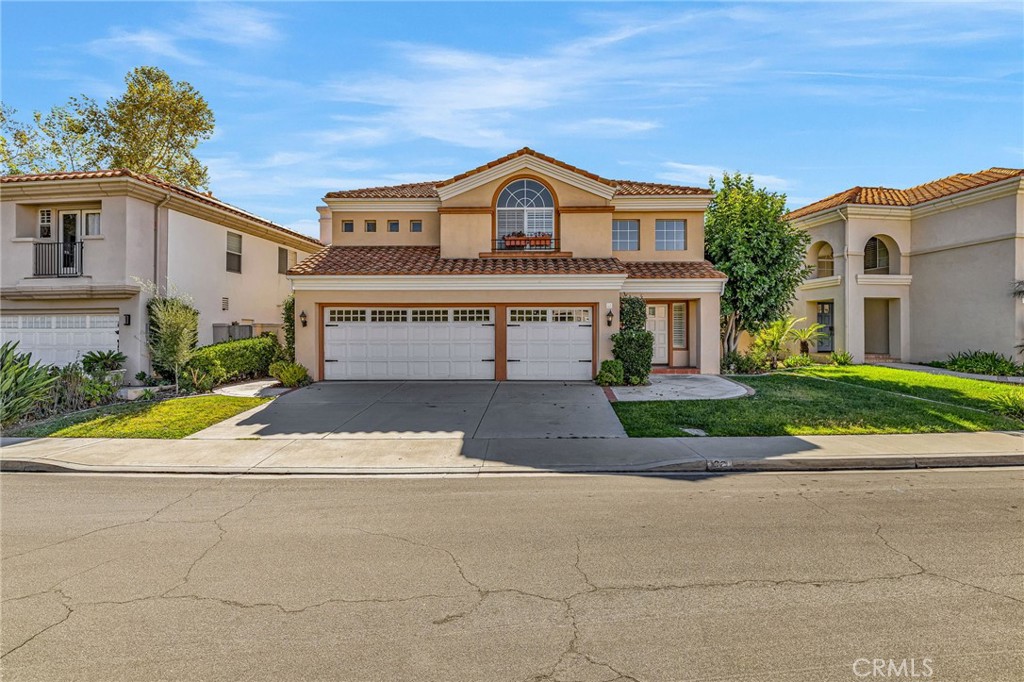If you are reading this, we imagine it is because someone close to you has passed away. We are sorry for your loss. Alas, you must carry on. Unless your loved one executed a living trust before passing away, their assets would need to pass through what’s called probate.
Chances are you will face selling the most significant asset in the estate, the home, while it is in probate. Here’s why: according to Caring.com’s 2019 survey, “57 percent of U.S. adults do not currently have estate planning documents such as a will or living trust.”
If you are still not sure what probate is, the Merriam Webster Dictionary defines probate as: “the action or process of proving before a competent judicial authority that a document offered for official recognition and registration as the last will and testament of a deceased person is genuine. Broadly: the process of administering an estate.”
Let’s be clear. Selling a home in probate is not at all like selling your residence. It’s über complicated.
OMG! QUESTIONS . . .
You’ve never administered an estate, and you are suddenly dealing with all these legal issues! We totally understand. On our end, we get lots of questions, like, “Can I sell a house in probate?” “How do I market it?” “What’s the difference between selling a traditional home and a home in probate?” “Can my regular real estate agent help me?” We say, no, your regular real estate agent isn’t a good idea. Then people usually say, “But, do I really need a realtor that has probate experience?”
Our answer is yes to that last question. If you’re the executor of the estate, you need an experienced probate real estate agent who understands how selling probate property differs from a traditional home sale.
Here’s an analogy. While we are not comparing selling real estate to, say, delivering babies, we might say that an obstetrician is better equipped than a GP to deliver a child. The obstetrician helps children into the world every day, and the General Practitioner, though familiar and able, doesn’t do it nearly as often. So, while your favorite residential real estate agent can sell your personal home, they might not be familiar with probate home sales. Maybe probate sales are the equivalent of challenging deliveries, and you don’t want to risk a mistake on either one!
Traditional residence sale v. probate home sale
When you sell your home through a conventional or traditional sale, you act on behalf of your own interests. That means you can set your own price for the property and sell it on your own timeline.
Traditional Sale: With a ‘regular’ sale, you may get an offer on your home in a few weeks, and can choose to accept the offer or not. Once the offer is accepted, the house goes into escrow for an average of 30 days. Then, when the final documents are signed, the home is sold without a requirement for the court’s supervision.
Probate Sale: Alternately, when you are the executor selling a home during probate, you must act in the interest of that person’s estate. Here in Southern California, you need to follow the state’s probate laws and directions from the probate court’s judge when either, a) setting the price or b) in some cases, setting the timeline.
Probate property sales can differ significantly from traditional home sales. For instance, a probate court can grant you rights of independent or dependent administration. The former gives you much more latitude, allowing you to set the sale price and giving you the freedom to set the timeline than the latter.
Independent Administration: Even during an independent administration, your agent needs to stay on top of probate-specific details such as listing the house as a probate property, using the correct probate contracts, and making disclosures exclusive to probate.
If these details aren’t in order at your final probate hearing, the probate court judge likely won’t allow the estate to be closed. If the details are not handled correctly, people often find they have to do the paperwork over and reschedule a hearing. Then, the probate—which can already drag on for six to nine months—takes even longer!
Dependent Administration: For executors that have been granted dependent administration rights, the probate property sale is more complex and takes longer. In these cases, the probate court supervises the real property’s sale through an additional hearing called a court confirmation hearing.
Before this hearing, the executor should hire an experienced probate agent to list the house at a price as a percentage of the market value per your state’s probate regulations. Once the executor receives and accepts the offer, he or she must present the offer to the probate court for confirmation.
Here in California, there is an “overbid process,” which functions much like an auction in that the court accepts the best offer price before confirming the home’s sale.
Even so, California has attempted to streamline the probate process by enacting the Independent Administration of Estates Act (IAEA). In general, probate property sales requiring court confirmation are declining across the United States. That said, there are still situations in which complexities that arise from changing and varying regulations make hiring a real estate agent experienced in probate a safer decision.
Probate agent or lawyer? You need both!
While you may have been named as the executor of the estate, you still have no legal authority to conduct any estate business. So, until the court appoints you as the estate’s personal representative at the first probate hearing, your hands are tied.
You cannot list a home that’s in probate or even sign the listing agreement with a probate agent until you have received authorization from the probate court. To obtain this authorization, you need to have a probate attorney file a petition with the state’s probate court after which you must wait until you are granted rights at the first hearing.
Here is some good news: All l probate-related details do not have to be handled by a probate attorney.
This is good news because a probate attorney will charge you by the hour for everything they do. While the Crem Group attorneys are not probate lawyers, they are very familiar with the associated legal process. The benefits:
(1) The Crem Group knows the lawful handling of many items that would otherwise have to be handled by the probate attorney (incurring additional legal fees).
(2) It is within the Crem Group’s legal wheelhouse to take care of ancillary legal services such as title disputes and evictions of previous tenants or unwelcome (and sometimes non-paying) squatters. Surprisingly, evictions are not uncommon during estate transitions. We can handle them for you.
Probate real estate agents and lawyers
Losing a loved one is very difficult. Let the CREM Group make handling your family’s real estate during this transition as easy and profitable as possible.



